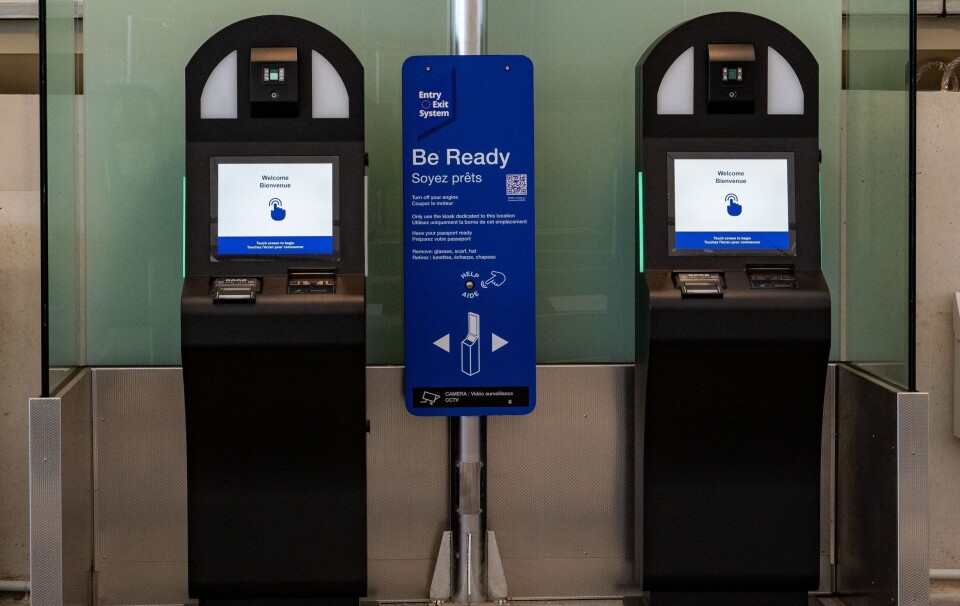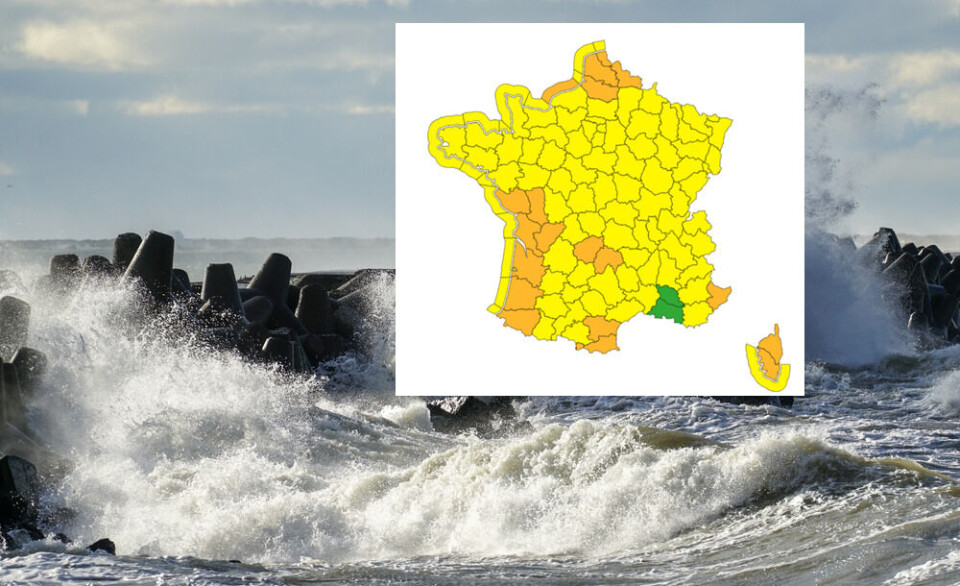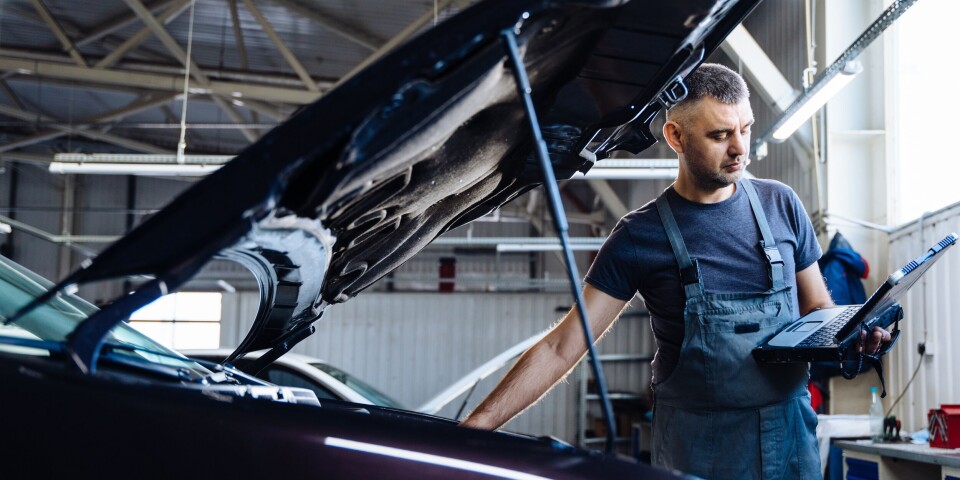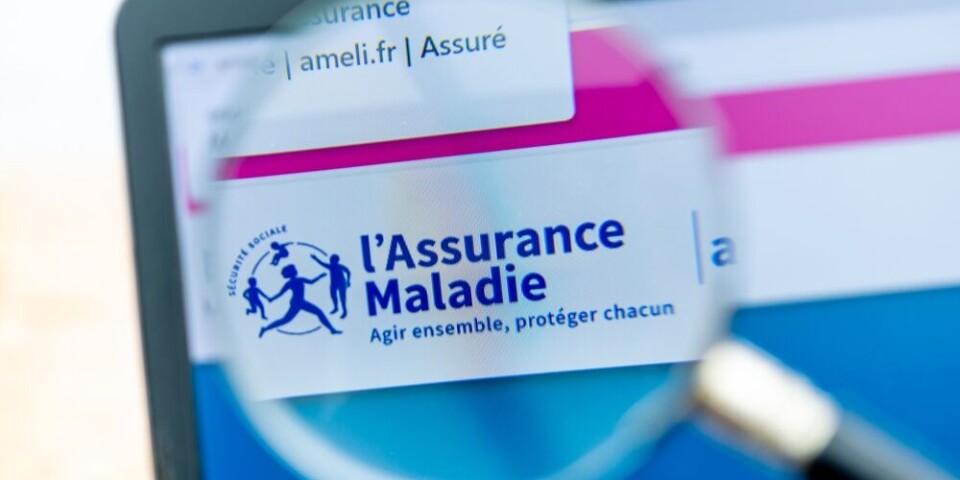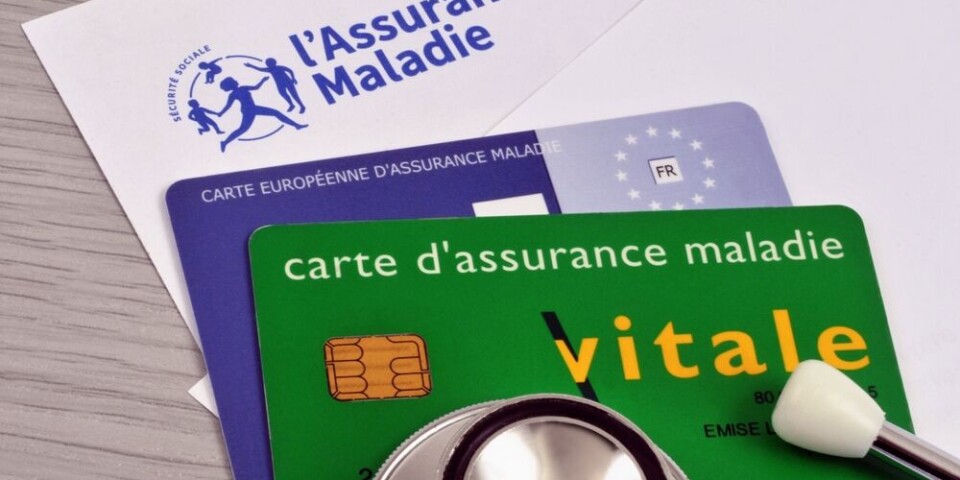-
Percentage of visas declined by France is on rise
Roughly one in every six visa requests refused in 2024
-
French banks trial 'one-click button' to avoid passwords
e-commerce account can be created in less than a minute
-
Tour de France 2026 route revealed - does it pass near you?
Both the men’s and women’s races will begin outside of France
Brighter future for autistic young people in France
Autistic children in France “continue to be subjected to widespread violations of their rights”, a United Nations report said two years ago.

This coincided with a high-profile court case, dubbed the Rachel affair, in which a mother from Grenoble was refused access to her three autistic children and accused of faking their condition. It prompted the government to promise a new action plan, addressing what was called a “civilisational challenge”.
The publication of that promised government strategy, coupled with encouraging results from an ongoing clinical trial, could finally lead to life-altering changes for autistic children and adults in France.
The welcome news has come too late for Limoges-based Sarah Berry, 47, who admitted she has “no faith” in the country’s education system.
She said daughter Niamh, now 19, exhibited early signs of autism at 14.
“She was basically breaking down every lunchtime, every day,” Sarah said. “There was one teacher who would see her in a corner, who wrote it off as ‘family troubles’. They never stopped to speak to her, or tell me this was how they were finding her.”
The situation deteriorated in 2014, when Niamh moved up to lycée.
The school nurse picked up on her struggles and arranged for her to attend a Maison des Adolescents – a centre which offers support to young people and their families. Sarah said the help her daughter received was good, but it did not go far enough.
“Then we got involved with a teenager psychiatric unit,” Sarah said. “After going to the day unit for a month, Niamh was committed.
“I was told when I went to pick her up she wasn’t coming back with me, that I’d missed everything and I wasn’t doing my job properly as a parent.”
This was just one stage of what Sarah described as “a massive fight” to ensure her daughter – who was not then officially diagnosed as autistic – would be treated with dignity and respect.
Her bid to have Niamh accepted as an interne (boarding student) turned into a nightmare, as the faculty at first said no, then yes, then denied the application again. Sarah said the lycée refused to recognise Niamh’s medication meant she required regular toilet breaks, but used the same reason to stop her going on a trip to Germany.
A visit to another lycée, while Niamh was taking her bac exam, offered a glimpse of how much easier life could be, and Sarah asked about switching. “They point-blank refused.”
The stress prompted Niamh to attempt suicide more than once.
Sarah spent two days compiling an explosive letter listing her grievances, and sent it “everywhere”, including the lycée, the Maison Départementale des Personnes Handicapées, and the head of education.
Marion Pilling, 51, is France’s only accredited trainer in Person-Centred Active Support – an internationally recognised best practice in intervention and support for people with intellectual disabilities and autism.
She also lives in Limoges, and helped Sarah write her letter. She said her own son Matthew, now 23, who was dyslexic and dyspraxic, “went downhill within three weeks” of starting collège.
He was diagnosed as “multi-dys” (having one or more conditions such as dyslexia or dyspraxia) at 13. Further tests were ordered but not carried out, while her son suffered at the hands of bullies and the faculty “were not dealing with the matter”.
Marion moved Matthew to another collège, where he received more support, and continued to try to secure an autism diagnosis for him. He was eventually diagnosed at 21.
For daughter Manon, now 20, it was a different story. Marion said Manon had “lots of bizarre behaviour” and was in a halte garderie (daycare centre) until the age of four.
The school tried age-appropriate classes through both moyenne and grande sections, but by the time Manon reached CP (cours préparatoire, aged six), Marion realised the teachers “didn’t know what to do”.
She said: “It used to take four of them to take her off me in a morning. She would cling to me, screaming.
“They never used to tell me when she was traumatised in class, and it just went on. Manon was put into a class with 12 children and they repeated the CP curriculum for five years.”
As with Matthew, Marion fought to secure an autism diagnosis for Manon. The moment she had the medical recognition, they were able to access a range of support services.
Marion secured a place for her daughter in the region’s only specialist centre, and also at the SESSAD (Service d’Education Spéciale et de Soins à Domicile). Over the next three years, Manon learned practical life skills, and embarked on a series of short apprenticeships.
Although Manon’s formal education never progressed beyond CM1 (cours moyen 1, 9-10 years), she has found work at a boutique couturier.
While their experiences of the French education system have left deep scars on Sarah and Marion, there does seem to be a light at the end of what has been a long, dark tunnel.
Niamh, Manon and Matthew are participants in a clinical trial, led by Limoges doctor Eric Lemonnier, which has been quietly running for nine years. He is assessing the impact of diuretic bumetanide on chlorine levels in autistic children’s brains, and its associated calming effects.
Results so far have seen a positive effect on 75% of participants, and while the treatment is not a cure and cannot be taken by everyone – diabetic children, for example are excluded – results from the trials demonstrate it can lower anxiety levels.
Manon has been taking the diuretic for two years, and Marion said “her language skills and social communication have improved”. Matthew is set to start taking the drug this autumn.
Niamh too has had positive results with the drug, to the point where she told her mum she “wasn’t sure she was autistic any more”. If the girls’ anxiety levels remain manageable, the likelihood is they will take the diuretic for the rest of their lives.
As well as the clinical trial, which has been expanded to the UK and Germany, France is to overhaul its treatment of autistic children, including their diagnosis and education.
The latest strategy, developed by Sophie Cluzel, Secretary of State for Disabled People, comes 10 years after the country’s first plan autisme. It has four aims:
- Create an inclusive society for all autistic people at every stage of life;
- Put science at the heart of the practices, and structure a search for excellence, ensuring that strategy is implemented;
- Guarantee the ability of autistic people and their families to act with interventions adapted to their needs;
- Support families and professionals in their field of expertise while carrying out work.
For parents of autistic children, the most important ambition puts science at the heart of policy. It could end children on the autistic spectrum being misdiagnosed as psychotic, sociophobes or with depression, as well as ending the blaming of mothers for their children’s difficulties.
Isabelle Bryon, responsible for school inclusion at the Education Ministry, said “psychoanalytical approaches to autism do not meet any of the conditions corresponding to the grades of evidence listed by the Haute Autorité de Santé (HAS), nor do they fall within the consensus of experts”.
The report acknowledges the education system has failed, and is failing, autistic children, and said the new strategy aims to diagnose children much earlier, introducing mandatory examinations at nine and 24 months.
If autism is suspected, a “second line” of medical professionals, including neurodevelopmental specialists take over. Mrs Bryon said awareness and training modules are being developed for teachers to help them recognise early signs of autistic behaviour.
The 2018 strategy also aims to “guarantee effective schooling” for children with autistic spectrum disorders from nursery school onwards.
For those with severe autism, who “lack autonomy or need a safe environment”, Mrs Bryon said the plan offered enrolment into a localised support system which groups students according to their needs in small numbers, coordinated by a specialist.
For Marion, the changes that need to be made in the French education system are clear. “There needs to be a complete overhaul of how teachers and medical professionals are trained, and a lot more training – not just on autism but all neurodiverse difficulties that kids have – because they know nothing about nothing.”








